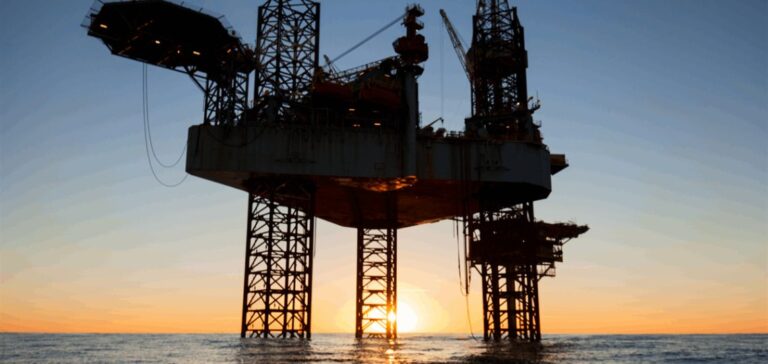China National Offshore Oil Corporation (CNOOC) Limited recently began production at two offshore oil projects: the Caofeidian 6-4 Comprehensive Adjustment Oilfield Project and the Wenchang 19-1 Phase II Project. These initiatives are designed to enhance China’s energy production capacity.
The Caofeidian 6-4 project is located in the western part of the Bohai Sea, at an average depth of 20 metres. The primary production facility is a new wellhead platform, utilising nearby existing infrastructure. A total of 25 development wells are planned, including 22 production wells and 3 water injection wells. The expected peak production is approximately 11,000 barrels of oil equivalent per day in 2026. The extracted oil is light crude.
Wenchang 19-1 Phase II Project
The Wenchang 19-1 Phase II project is located in the western part of the Pearl River Mouth Basin, at an average depth of 125 metres. The main production facility is a new drilling and production platform, also leveraging adjacent existing infrastructure. Thirteen development wells are planned, with a peak production estimated at around 12,000 barrels of oil equivalent per day in 2027. The extracted oil is medium crude.
Smart technologies and operational efficiency
CNOOC Limited has integrated smart technologies into these projects to enhance hydrocarbon development efficiency. Certain procedures, such as crude oil production, equipment maintenance, and safety management, have been upgraded. For example, the associated gas from the Caofeidian 6-4 project is reinjected into the reservoir using gas injection compressors, which is expected to reduce carbon dioxide emissions by approximately 13,000 tonnes per year. Meanwhile, the Wenchang 19-1 Phase II project uses a high-temperature combustion gas ORC power generation unit, capable of producing up to 24 million kilowatt-hours of electricity.
CNOOC Limited holds a 100% stake in both projects and is the operator.






















